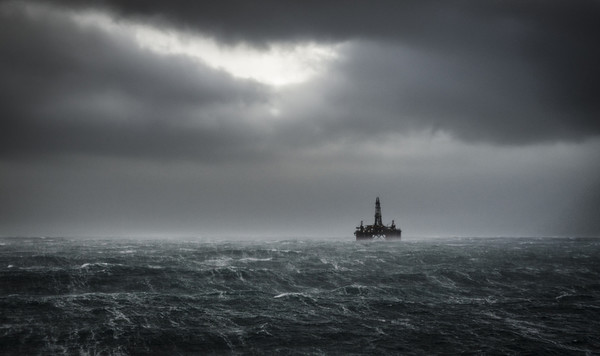As the US makes plans to open its entire coastline to offshore exploration and the UK applauds the discovery of new North Sea fields, New Zealand has recently announced its intention to ban all offshore exploration. This follows the implementation of new legislation introducing substantial marine liability limits and a strict liability regime.
On 12 April, New Zealand Prime Minister Jacinda Ardern announced: “There will be no further offshore oil and gas exploration permits granted.” Existing permits will not be renewed. Under the rules proposed all offshore energy activity in New Zealand waters will cease by 2030.
Of more immediate concern, current proposals would, from 1 June 2018, increase pollution liability limits for all oil and gas operators from NZ$27m (about US$20m) to a scaled limit of up to NZ$800m (US$588m), higher than any other nation. It will, in effect, demand a financial guarantee. In addition, New Zealand proposes strict liability.
IUMI responded to New Zealand’s latest consultation stating its “concern regarding the insurance market’s ability to service the requirements… conceivably there could be a problem for operators in New Zealand waters obtaining insurance cover.”
Earlier in the consultation, the London insurance market’s Joint Rig Committee, which represents offshore energy underwriters from both the LMA and IUA, wrote to New Zealand’s Ministry of Transport, which framed the proposed legislation, stating that “commercially available insurance products are not likely to be able to meet the full range of exposure contemplated by the proposed financial assurance regime.” Unfortunately the Ministry’s response was to increase the legislative limits from the initially proposed NZ$600m, and to bring forward the date of implementation.
New Zealand is well known for its protective stance toward the environment. In the past, this has led to losses that far exceeded insurers’ expectations, for example in the case of the loss of the vessel Rena. Market sources suggest the bill for removing the wreck currently stands at approximately US$450m.
Given the limited number of offshore operations in New Zealand coastal waters and the proposed end to all offshore activity, insurers offering coverage for the new limits would struggle to recoup losses should a large claim occur. Does this create a perfect storm for insurers?
